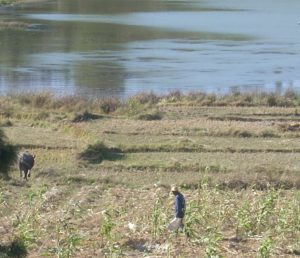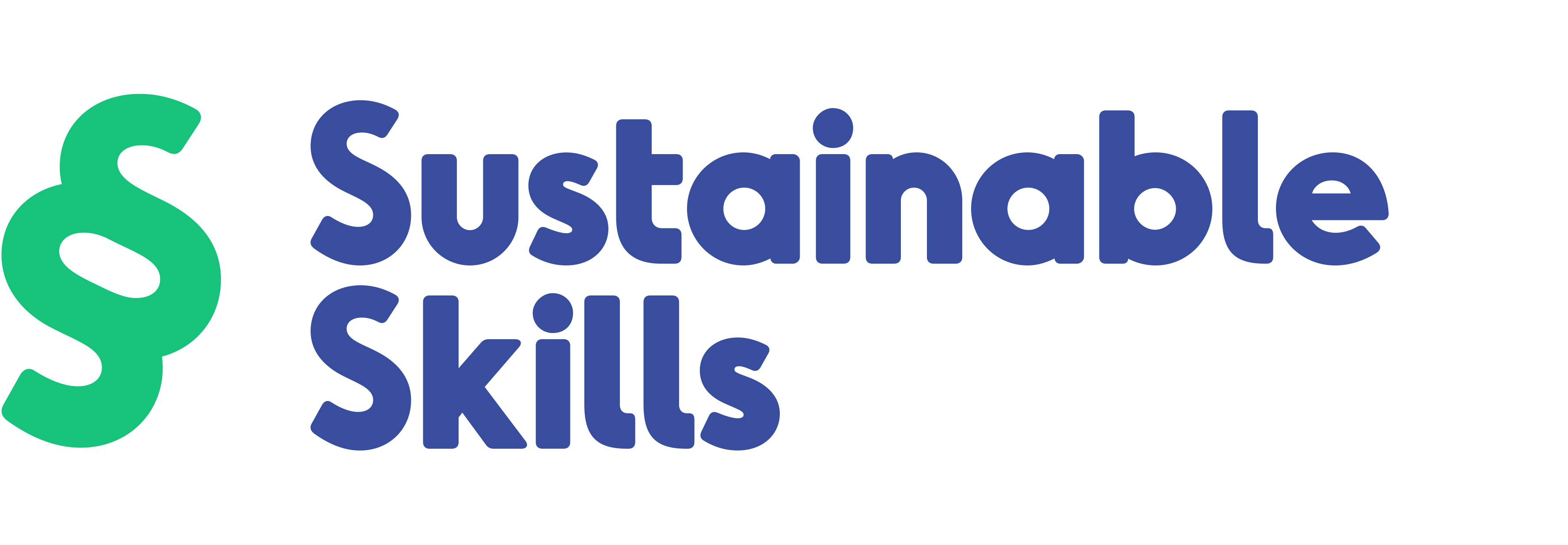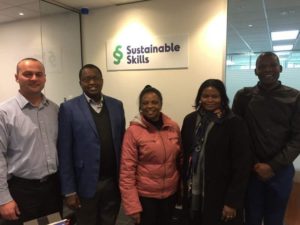Current Situation of Technical Vocational Education and Training System in Vietnam
 With a population of 94 million and people under the age of 35 accounting for 70 % of this number, the Socialist Republic of Vietnam is currently one of the most dynamic and fastest growing emerging countries in East Asia region with an annual GDP growth of 6.6%, a GDP per capita of US$ 2,111, and an unemployment rate of 2.2% .
With a population of 94 million and people under the age of 35 accounting for 70 % of this number, the Socialist Republic of Vietnam is currently one of the most dynamic and fastest growing emerging countries in East Asia region with an annual GDP growth of 6.6%, a GDP per capita of US$ 2,111, and an unemployment rate of 2.2% .
Vietnam is currently transitioning from a centrally planned to a market-based economy, and is now a lower middle-income country with an emerging middle class accounting for 13 percent of the population and expected to reach 26 percent by 2026.
Today education is equitably distributed with primary school enrollment reaching 99 percent of eligible children, and school attendance ratios for boys and girls largely equalized. In 2006, the Law on Gender Equality established the principles of gender equality in a number of fields as well as promoted measures to increase gender equality in the TVET (known as VET in Vietnam) such as ensuring that the proportion of man and females participating in the study and training is equal, and assisting female workers in rural areas to access VET.
In the coming years, Vietnam will need a large number of skilled and productive local workers able to make the country competitive regionally and globally particularly for the infrastructure, agricultural, and manufacturing sectors. The local young and well-educated population, able to effectively gain knowledge and skills, work efficiently, and embrace new technology and innovation, is key to the Country’s development. The Vietnamese Government has put VET and boosting employment at the heart of its development goals by investing in education approximately 6.3% of GDP, much greater than the average for most low to middle-income nations, as well as some higher income countries such as Australia.
From 2010-2014 the state budget allocated to vocational training was 2.54 billion USD, out of which 40.81% was allocated to capital construction and 21.79% to the national target programmes. TVET in the formal education system is not legally free and institutions are free to determine the fee levels. For public VET institutions, tuition fees for programmes at the secondary and college education levels are capped at approximately 5 USD. However, institutions may add additional charges for special purposes, such as contributions for training materials and books. Private training providers have to recover all costs through tuition fees, and around 15-18% of trainees from lower-income or target groups are exempted from paying tuition fees, partially compensated by state subsidy.
The “Law on Vocational Education and Training” document, entered into force in 2015, regulates the vocational education and training system, stipulates the objectives of VET at the different education levels, and calls for:
- encourage the private sector to be involved in the provision of VET;
- support craftsmen and skilled workers in vocational training, especially in traditional vocational and vocations in rural areas;
- involve socio-political organizations, social organizations, socio-professional organizations in formulating strategies, planning, and policies regarding VET;
- develop bridge programmes to facilitate VET students to take programmes as higher education levels in the same or different disciplines.
Current reforms are focused on the implementation of the Law and Vocational Education and Training, and include:
- reforming the testing and examination procedures;
- developing policy reforms to improve the quality of teachers and trainers;
- establishing a network of VET institutions and enterprises;
- increasing the autonomy of VET institutions.
There are five main challenges to the TVET system identified in Vietnam:
- adapting the VET system to technological developments;
- poor ratio of skilled workers working in the sector;
- skills mismatch affecting productivity;
- increasing autonomy among VET institutions;
- outdated technology of small- and medium-sized enterprises (SMEs) cannot provide proper employment.
Sustainable Skills is currently exploring opportunities to support the reform of the VET system in Vietnam. In 2015-2016, our organisation was engaged as an implementation partner by the Australian Department of Education and Training to support the development of occupational standards aligned to Industry operational needs in Vietnam, the Philippines and Australia which could be used for benchmarking of qualifications in each of the countries. In this capacity we took part in in-country visits and technical workshops, provided a two-week secondment for TVET professionals from the participating countries, and worked closely with the relevant public sector organisatons to achieve the goals of the project, targeting the development of Industry engagement strategies, the development of regional occupational standards and benchmarking qualifications against these regional standards. Click here to read more about the project.
Source: Unesco-Unevoc World TVET Database


